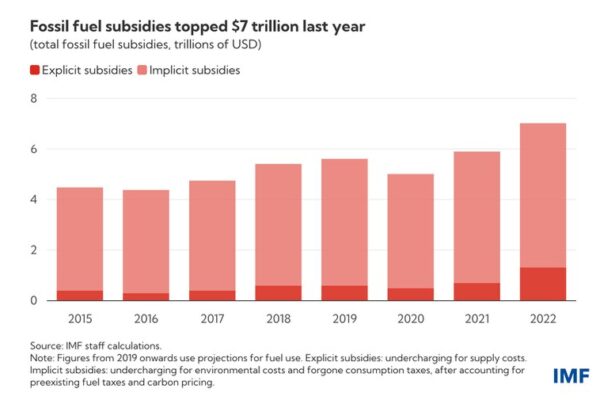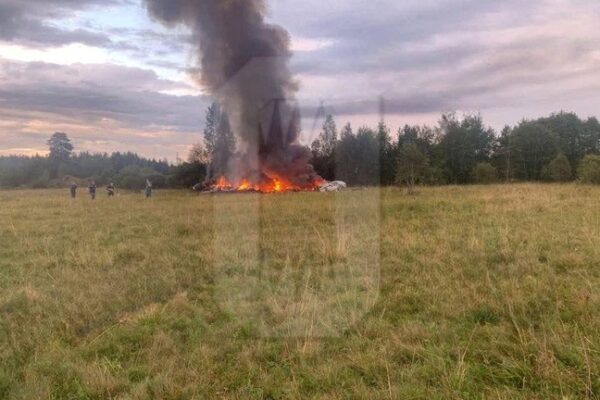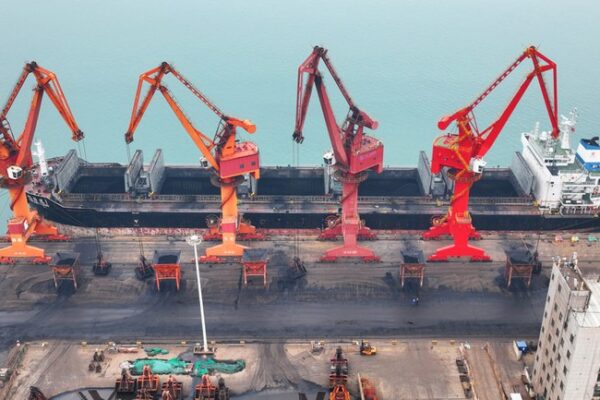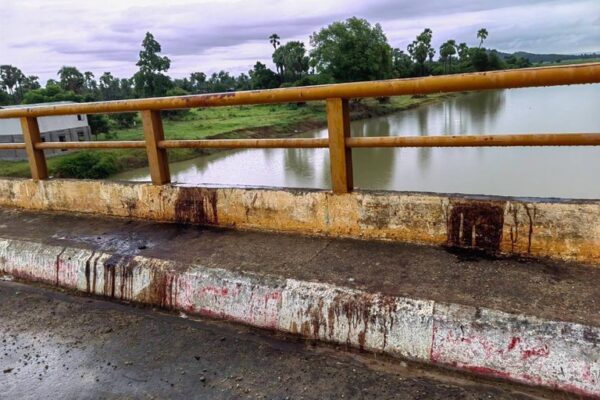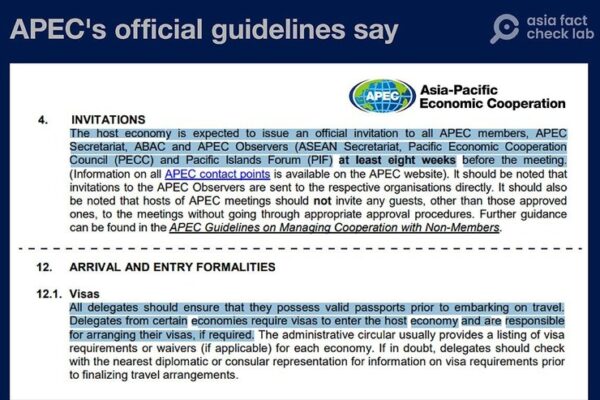The low-lying Pacific islands face severe threats due to rising sea levels, which are increasing quicker than anticipated, while heightened temperatures impact marine habitats, according to a new U.N. meteorological body report. The Pacific region is experiencing an approximate increase of 4 millimeters of sea level rise annually in certain regions, which is higher than the worldwide average of 3.4 mm per year, the World Meteorological Organization, or WMO, said in its 2022 State of the Climate report released on Friday. The Pacific islands most vulnerable to this rising sea level include nations such as Kiribati, Tuvalu, the Marshall Islands, and the Maldives. These low-lying nations, often no more than a few meters above sea level, are alarmingly at the forefront of this crisis. Their unique geographies and limited land mass make them especially susceptible to even the slightest increase in sea level, threatening their very existence and the livelihoods of their residents. Separately, the report added that ocean heat and acidification threaten vulnerable marine ecosystems and their way of life. It said that weather-related disasters and climate change impacts are posing socio-economic risks and effects on key sectors like agriculture in the South-West Pacific region, which comprises all countries between Malaysia and Kiribati. The ocean absorbs over 90% of the surplus heat in our climate system, the WMO said, as the warming is responsible for about 40% of the average global sea-level increase due to the thermal expansion of seawater. It also impacts ocean currents and storm patterns. In 2022, the South-West Pacific experienced 35 recorded natural disasters that killed more than 700 people, with floods accounting for over 70% of these incidents, according to the report. These events impacted over 8 million individuals, inflicting an economic toll nearing U.S.$9 billion. In the Philippines and Fiji, storms were the predominant reason for the high death toll and the many affected individuals. A woman walks past a flooded market caused by monsoon rains and the recent typhoon Doksuri, in Balagtas, Bulacan province, Philippines, July 29, 2023. Credit: Reuters Even though the number of reported disaster events decreased in 2022, economic losses increased mainly due to a series of flooding events in Australia. Last year’s flood damage of U.S.$8.5 billion was over four times the 20-year average from 2002 to 2021. “Early warning is one of the most effective ways of reducing damage from disasters, as it empowers people to make risk-informed decisions for food security, as well as other sectors,” said WMO Secretary-General Petteri Taalas. “Despite continuous efforts to strengthen multi-hazard early warning systems, the present report clearly shows that there are still significant gaps to be addressed to strengthen these systems to reduce the adverse impacts of hydrometeorological hazards in the region.” El Nino this year might make it worse The WMO said the three-year-long La Nina event, from 2020 to the start of 2023, had a temporary cooling influence, though 2022 still ranks within the top ten warmest years for the region, with the mean temperature of 0.2 to 0.3 degrees Celsius higher than during the last intense La Nina event in 2011. The report said that prominent marine heatwaves persisted for over six months in a vast region northeast of Australia and south of Papua New Guinea, specifically in the Solomon and Coral Seas. The region has now entered El Nino, which means drier and hotter weather. “This will have a big impact on the South-West Pacific region as it is frequently associated with higher temperatures, disruptive weather patterns and more marine heatwaves and coral bleaching,” said Taalas. According to the WMO, the upper ocean (between zero and 700 meters below the surface) has warmed since 1993 in most of the Pacific’s South-West region. The report said that many regions in the Pacific region, including the Solomon Sea, Banda and Timor Seas, and regions east of the Philippines and the southern shoreline of Indonesia, have experienced significant warming, with the rates two to three times higher than the global average. The WMO said the glacier size in the western part of the Indonesian island of New Guinea decreased by 15% from 0.27 to 0.23 square kilometers between July 2021 and April 2022, while ice thickness dropped 24 meters from June 2010 to early 2021, with only 6 meters remaining in December 2022. July had warmest ocean temperature Earlier this month, another report from the European Union’s Copernicus Climate Change Service, or C3S, said the global average sea surface temperatures continued to rise after a long period of unusually high temperatures since April 2023, reaching a new high of 20.96 degrees Celsius (69.73 degrees Fahrenheit) in July. Global ocean temperatures are usually warmest in March, so scientists say the record will likely keep increasing. Overall, the global mean sea surface temperature for the month surpassed the 1991-2020 average by 0.51 degrees Celsius, Copernicus said in its report on July 8. For July, the North Atlantic recorded temperatures of 1.05 C higher than usual, while marine heatwaves were observed south of Greenland, in the Labrador Sea, within the Caribbean region, and throughout the Mediterranean Sea. “These records have dire consequences for both people and the planet exposed to ever more frequent and intense extreme events,” said Samantha Burgess, Deputy Director of the C3S. “2023 is currently the third warmest year to date at 0.43ºC above the recent average, with the average global temperature in July at 1.5°C above pre industrial levels.” “Even if this is only temporary, it shows the urgency for ambitious efforts to reduce global greenhouse gas emissions, which are the main driver behind these records,” she said. July also had the warmest global air temperature, according to the WMO. Edited by Mike Firn and Taejun Kang.


